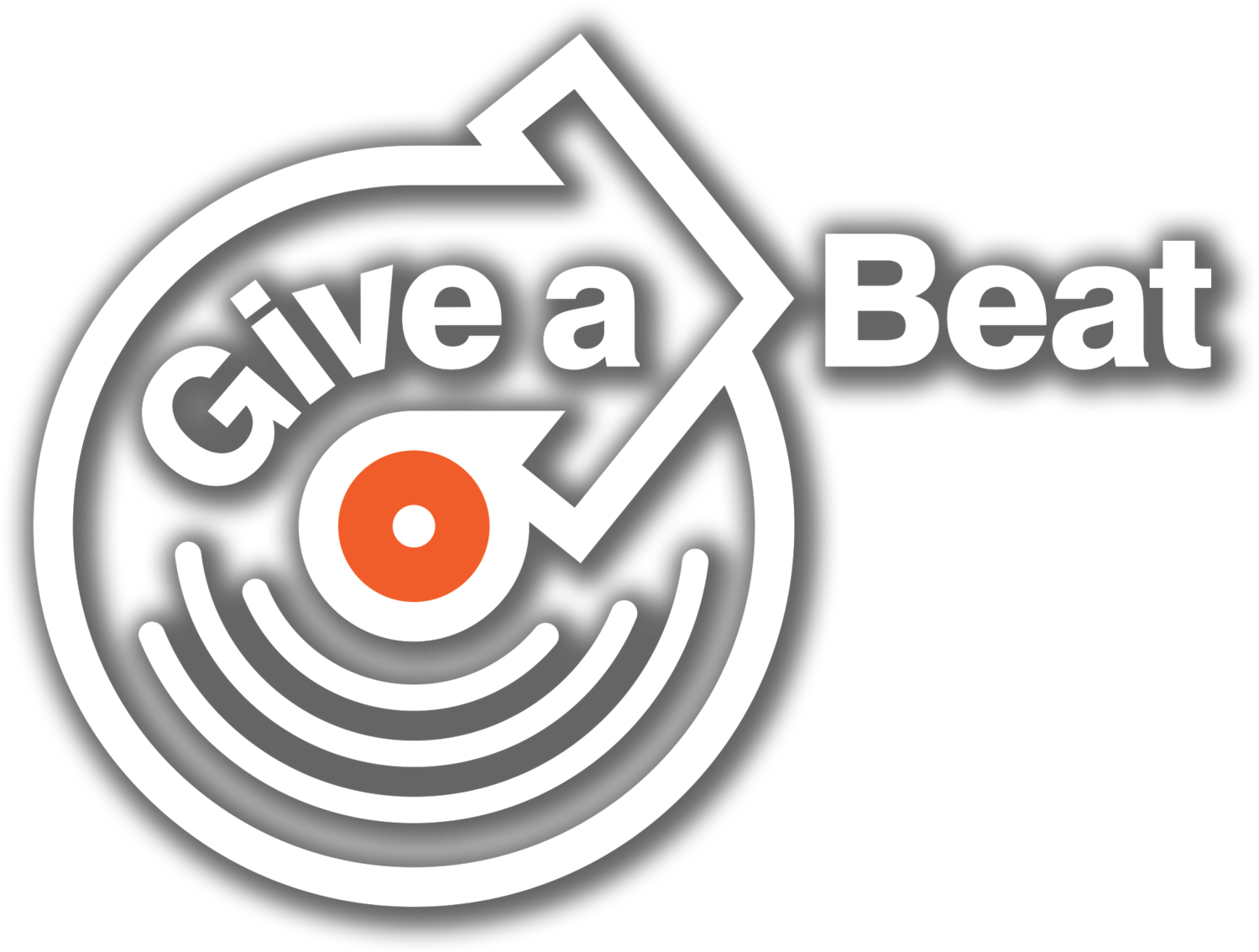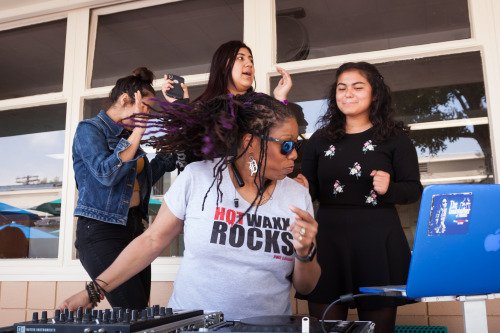House Music Origins
House music club in the early 90s
Every month should be Black history month, but we’ve taken this annual month-long celebration of Black joy, perseverance, and strength as an opportunity to explore a genre of music indebted to the Black community: house music.
While modern media sources may tell you otherwise, the origins of house music are clear. House music was established in the south side of Chicago, by none other than Black and LGBTQ+ groups. Pushed out of almost all other spaces in the 1980s, these marginalized groups formed a community around their common love for music. It makes sense that in a society that rejected their identities, these groups felt drawn to an area that allowed people to shed societal limitations and focus on the art that collectively kept them going.
A discussion of house music wouldn’t be complete without mentioning Frankie Knuckles, a pioneer of the genre. In the 80s, Knuckles’ held residency at his dance club, The Warehouse, which is how the term “house music’’ arose in the first place. Similarly, Larry Levan was a prominent DJ with residency in his club The Paradise Garage. Described as “church for people who [had] fallen from grace,” the music they played in these clubs itself is reflective of that: house music’s repetitive 4/4 rhythm and sparse or absent vocals drown out all else in a way that is reliable, centering, and trance-like. The dark rooms and steady beats of dance clubs filter out anything unwanted, at least temporarily. It also offers a versatile base for a myriad of layered sounds, which many Black African artists have embraced through the incorporation of African drums. Further, part of what allowed house music to thrive was its accessibility, not only musically, but also financially, with electronic instruments that were easily adapted and affordable for people at the time. House music was quite literally built upon the foundations of inclusivity, love, and compassion – woven into the very identities of individuals who created it, dance clubs easily became some of the most progressive spaces in the country.
It is important to emphasize that a large part of house music’s success also has to do with Black LGBTQ+ folks specifically, those with unique intersectional identities that deserve much more credit in the arena. The Human Rights Ordinance that granted equal treatment to those with differing racial and sexual orientation was passed only in 1988, and even then, as we all very well know, legal changes take decades to manifest into social change. Black LGBTQ+ individuals were especially unwelcome in society, so their existence was forced into places like underground dance clubs, where house music thrived.
As in many areas, house music’s modern-day mainstream faces do not accurately reflect its diverse and colorful history. From rock and roll to country, Black musicians have frequently been deprived of their rightful credit, and this, too, is no exception. We all know about the David Guettas and Calvin Harrises of the world, but do we know about the descendants of communities that actually created the movement? Long after 1988, Black and LGBTQ+ interests do not align with mainstream interests to this day.
Give a Beat remains committed to these very interests, and was founded within this music community that brings together diverse people of all types of ethnicities, genders, languages, sexual orientations, disabilities, and socioeconomic classes. The organization’s values reflect the founding values of electronic music culture created by BIPOC: peace, love, compassion, understanding, inclusivity, justice, equality. The principles are the pillars of programs and advocacy work created by this organization. In our Prison Electronic Music Program, we not only honor the founders of house music, but also walk participants through getting hands-on with learning about electronic music production and DJing, encouraging personal and societal betterment. Participants work within a digital jukebox that includes work from artists like Osunalade, Channel Tres, and Kevin Saunderson.
Stacey Hotwaxx Hale with Students at a Give a Beat Youth Music Workshop – Photo by Sue Hudelson
As an organization passionate about marginalized voices, Give a Beat is excited to have the support of several successful Black house music artists. One of the first known female DJs to mix, DJ Stacey Hotwaxx Hale is largely recognized as the “Godmother of House Music.” As a Black woman in a male-dominated field, she was not without her struggles, which included balancing the expectations and image that people expected from her with her own unadulterated passion for music. Currently, she hosts several radio shows, educates younger girls on music, and serves as an inspiration for aspiring female DJs of color across the board. Similarly, Ultra Naté is yet another Black female DJ who has enriched the genre, releasing singles that have never missed the mark and consistently made their way onto U.S. Dance Club charts. Artists like DJ Minx and DJ Heather are other exceptional Black house artists that we love that have shaped the scene.
Unfortunately, the music industry is fraught with injustices at every step, and much of it is still white-dominated. House music is not exempt from plagiarizing and hijacking intellectual labor from Black creatives, and several sources state that white producers and music executives owe close to millions to Black musicians of the past. Luckily, none of this has deterred talent from burgeoning in between the cracks. From Jesse Saunders to Gene Farris to Ron Trent, Black artists continue to fuel the electronic music tradition. The artists mentioned throughout this piece, along with many others, including Rich Medina, King Britt, Roy Davis Jr., and Derrick Carter, carry the genre forward while remaining rooted in its origins. If we’ve learned anything from the life-changing events of 2020, it is that we must amplify marginalized voices – and what better way to do that than celebrating their music?
Here’s where you can learn more about house music:
> Learn more about Larry Levan and Paradise Garage in this video
> Watch artists of today provide their own perspectives on what house music means to the industry, and world: here
> Listen to what it was like in Knuckles’ The Warehouse
> Listen to DJ Minx’s Black History Month Spotify Guest List Playlist
By Sanjana Sanghani


